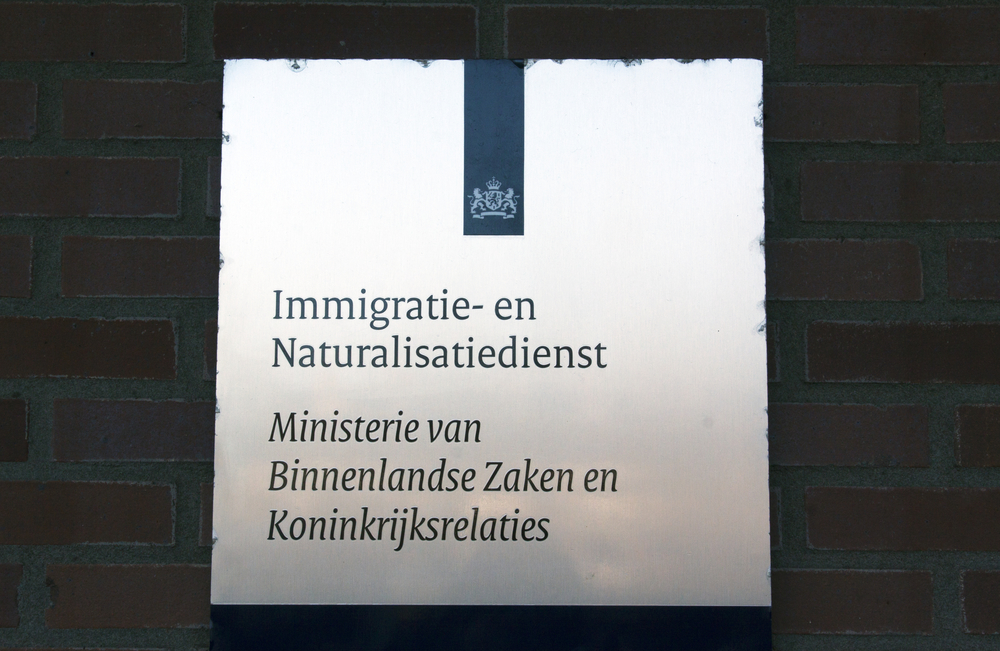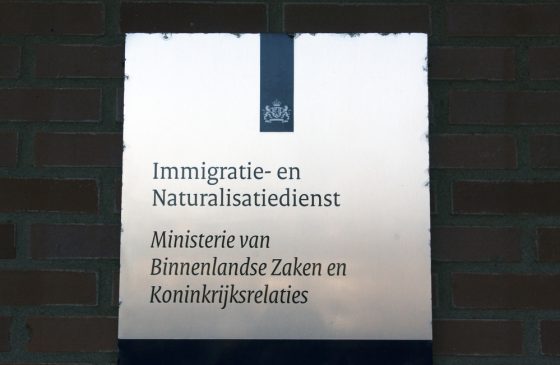The Netherlands needs a new, integrated approach to immigration: WRR


The government needs to take a more active and structural approach to immigration, and that includes introducing civic integration programmes for everyone, government policy advisory body WRR said on Monday.
The current approach to immigration and integration is rooted in the past and the government needs to recognise that the Netherlands is an attractive destination for immigrants from all corners of the world, the report said.
‘The Netherlands has been wrestling with the fact it is a society which attracts immigrants for decades,’ WRR board member Mark Bovens told the NRC. ‘People used to think that it was a temporary phenomenon that was linked to the decolonisation of the Antillean islands and Suriname… but that idea needs revision. It is a permanent part of our society.’
The Netherlands attracts some 200,000 immigrants a year – although the net increase in the population was around 130,000 last year – but the pattern of immigration is shifting, the WRR says. More people from traditional immigration countries such as Morocco, Turkey, Suriname and the Antilles are leaving than arriving.
In addition, around half of migrants spend less than five years in the country before heading off, the report said. International students, expats and migrant workers come largely from the EU and here too policy needs to be made more appropriate, the WRR said.
Locality
Different migrant groups tend to settle in different parts of the country, with migrant workers from eastern Europe, for example, dominating in the Westland area south of Rotterdam, the report points out.
This means strategy must also take local differences into account, and local authorities need to be properly supported in terms of cash and legal help, the WRR said.
The report quoted the example of Eindhoven, where the arrival of hundreds of Asian workers has led to new arrivals dominating the reception classes at one particular primary school. ‘The arrival of these migrant children presents new challenges to schools,’ the report states. ‘Sometimes it is unclear how long the parents will remain in the Netherlands – some stay for a few years, others for their entire primary school career.’
Fragmentation
At the same time, to avoid fragmentation, there should be a place where all new arrivals can go with questions about housing, schooling and integration programmes, the report said, suggesting that, ‘the current exclusive expat centres could be redeveloped into wider reception centres which can point the way to all newcomers.’
The WRR hopes the report will form the basis of new strategy for the next government. ‘This is not a report about migration policy and who can or cannot come in,’ Boven said. ‘It is about what should happen if people settle in the Netherlands.’
And if that goes well, Boven told the NRC, ‘political polarisation will also decrease.’
Thank you for donating to DutchNews.nl.
We could not provide the Dutch News service, and keep it free of charge, without the generous support of our readers. Your donations allow us to report on issues you tell us matter, and provide you with a summary of the most important Dutch news each day.
Make a donation